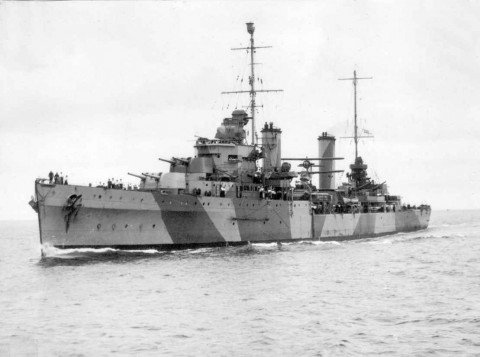Here’s a minor curiosity. Many of the leading figures in the RFC/RAF (at least, many of the ones that interest me) had earlier served in West Africa. (They all served in the Boer War too, but that wouldn’t have been uncommon for their cohort.) This is the list:
- Hugh Trenchard: Southern Nigeria Regiment, 1903-10
- Frederick Sykes: West African Regiment, 1903-5
- P.R.C. Groves: West African Regiment, 1903-4
- L.E.O. Charlton: Gold Coast Regiment, 1902-7
- unnamed officer: Nigeria1
Too much shouldn’t be made of this; it’s probably just a coincidence. But I can imagine a couple of explanations. One is that adventurous spirits might be drawn to the challenges of serving on the frontiers of Empire as much as to slipping the surly bonds of Earth. (Certainly the biographies of Trenchard and Charlton show evidence of this kind of restlessness.) The other explanation might be that (what I imagine to be) the extreme logistical difficulties of soldiering in West Africa back then may have suggested the advantages of simply being able to fly over all obstacles!
![]() This work is licensed under a Creative Commons Attribution-NonCommercial-NoDerivatives 4.0 International License.
Permissions beyond the scope of this license may be available at http://airminded.org/copyright/.
This work is licensed under a Creative Commons Attribution-NonCommercial-NoDerivatives 4.0 International License.
Permissions beyond the scope of this license may be available at http://airminded.org/copyright/.
- According to Robin Higham, The Military Intellectuals in Britain, 1918-1939 (Westport: Greenwood, 1981 [1966]), 134, an officer whom Trenchard knew from Nigeria was undergoing flight training, and suggested that he take it up. [↩]




Run, don’t walk, to your nearest online bookshop and buy James’ _The Paladins_. Bookfinder has it in Oz for 18 dollars, though I suspect that they might be US ones.
Oh, thanks, I have it, but didn’t think to look at it! It does add a bit of weight to the “adventurer” angle: eg Sykes turned up hoping to fight in a small war that was brewing in Nigeria (Calabar). Might be that timing was a factor too – officers who had decided to stay on after the Boer war and make a career of the Army might naturally be funnelled through West Africa, if there was unrest there at that time.
I get the impression that both Sykes and Trenchard were, as junior officers, outside the loop. They weren’t Guards material, that’s for sure. Rather than work their way up the hierarchy, they kept an eye out for the conveyor-belts that would get them to the top of their profession, gambling on taking part in all the small wars, going on courses, learning to fly – anything to give them an edge. This kind of unorthodox soldiering led them to the RFC: others like Swinton ended up in the Tank Corps. The British Army had quite a few of these guys – Capper was another one.
Ob History book: Terraine _White Heat_
Yes, I’m sure you’re right (although Trenchard was a keen polo player, surely that had to count for something!) Fuller might be another example. But given their ambition, they still needed the imagination and perhaps the faith to see that planes (and tanks) were weapons of the future that would offer significant opportunities for advancement. Otherwise they’d be stuck in dead-ends, careerwise. Worked out very well for Trenchard and Sykes, not so well for Fuller (at least within the service).
The “officer from Nigeria”, according to “Architects of Air Power”, from the Epic of flight series, was Captain Eustace Lorraine. He was killed in a crash in 1912.
Thanks!
One thing I can add is that Groves and Sykes met and became friends in Sierra Leone. Sykes suggested that Groves transfer to the RFC in 1914, and appointed him Director of Flying Operations in 1918, which led directly to his post-war career in Paris and transformation into an air prophet. So that’s one significant connection.